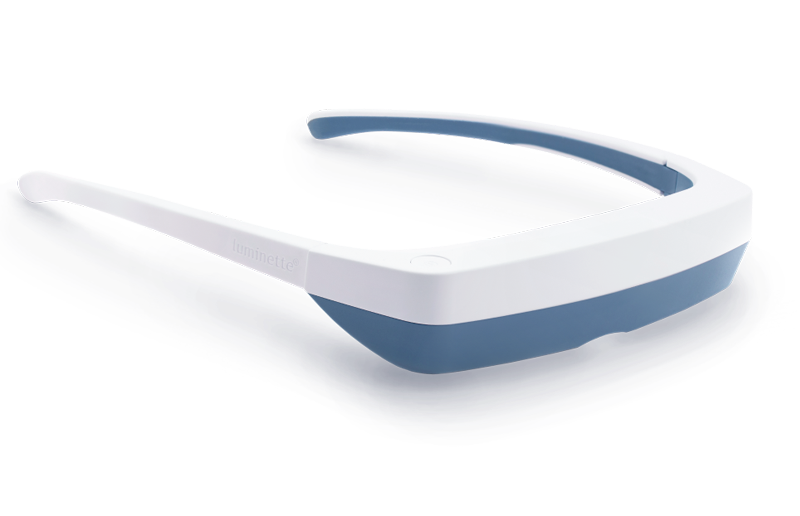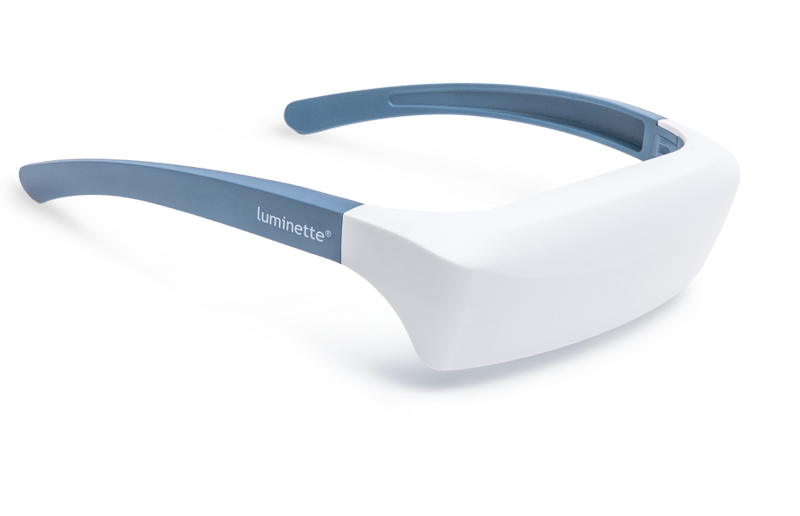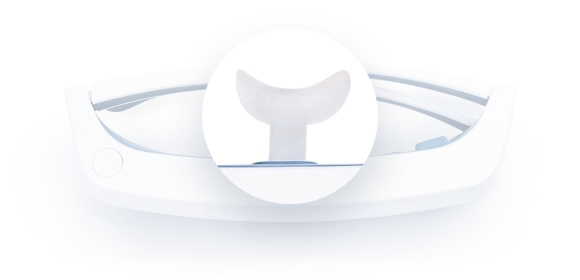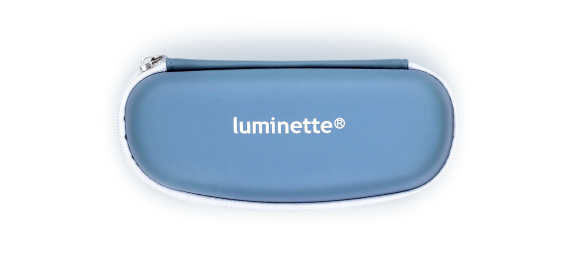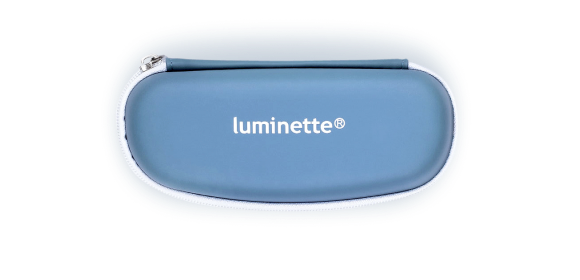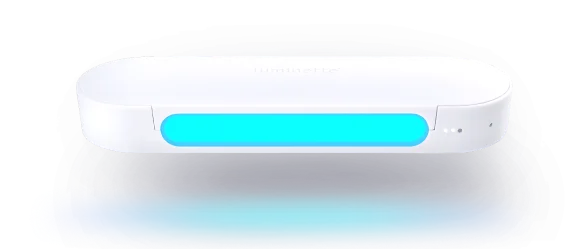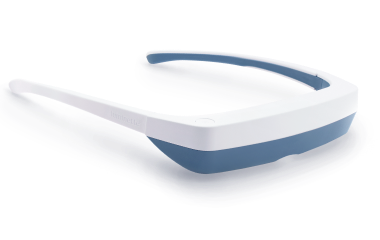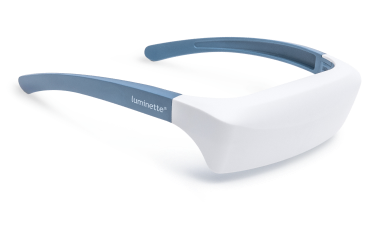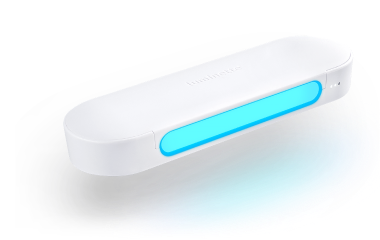Определение оптимального времени для приёма витамина D — это тонкое дело, которое имеет значительные последствия для нашего общего здоровья и благополучия. Погружаясь в эту тему, становится необходимым не только рассмотреть, как и когда принимать витамин D, но и изучить важные аспекты, такие как признаки дефицита витамина D и потенциальные риски, связанные с избыточным потреблением. Понимание тонкостей этого важного нутриента, включая рекомендуемую суточную дозу и богатые источники, даёт нам знания для принятия обоснованных решений о нашем рационе. В поисках сбалансированного потребления витамина мы также раскроем возможные преимущества гармонизации приёма витамина D с нашими естественными циркадными ритмами, определяя, утро или ночь является наиболее подходящим временем. Изучая эти ключевые моменты, мы отправляемся в путь оптимизации нашего благополучия, обеспечивая, чтобы витамин D дополнял наши ежедневные привычки в соответствии с нашими целями здоровья.
Преимущества витамина D
Витамин D, часто называемый «витамином солнца», является краеугольным камнем нашего общего благополучия, влияя на множество физиологических функций, жизненно важных для нашего здоровья. Когда наша кожа подвергается воздействию солнечного света, она естественным образом синтезирует витамин D, что подчеркивает важность регулярного пребывания на солнце. Прежде всего, он играет ключевую роль в усвоении кальция — важном процессе для поддержания крепких костей и зубов. Без достаточного количества витамина D наш организм не может эффективно усваивать кальций, необходимый для прочности костей, что может привести к дефицитам. Эта основополагающая поддержка здоровья скелета распространяется на предотвращение таких состояний, как остеопороз и рахит, особенно у людей с недостаточным воздействием естественного солнечного света. Эти состояния могут привести к ослаблению костей и повышенному риску переломов, что подчеркивает важность поддержания адекватного уровня витамина D. Более того, витамин D оказывает глубокое влияние на нашу иммунную систему, укрепляя её реакцию на инфекции и болезни, такие как грипп и простуда. Его иммуномодулирующие свойства помогают укрепить защитные силы организма, делая его важным компонентом поддержания хорошего здоровья. Исследования также указывают на его потенциал в регулировании настроения и борьбе с симптомами депрессии, выявляя связь между низким уровнем витамина D и расстройствами настроения. Эта связь подчеркивает его значимость для психического здоровья, стимулируя дальнейшие исследования его влияния на ментальное благополучие. В целом, поддержание адекватного уровня витамина D необходимо как для физического, так и для психического здоровья, подчеркивая его роль не просто как витамина, а как важного компонента здорового образа жизни.
Кроме того, адекватный уровень витамина D связан с пониженным риском хронических заболеваний, таких как болезни сердца, диабет и некоторые виды рака, что подчеркивает его широкое влияние на общую жизнеспособность.

Список преимуществ:
- Улучшение здоровья костей: Витамин D способствует усвоению кальция, укрепляя кости и снижая риск остеопороза и рахита.
- Поддержка иммунной системы: Достаточный уровень витамина D укрепляет иммунную систему, повышая ее способность противостоять инфекциям и болезням.
- Регуляция настроения: Новые исследования указывают на связь между уровнем витамина D и настроением, что может облегчать симптомы депрессии и улучшать психическое благополучие.
- Снижение риска хронических заболеваний: Оптимальный уровень витамина D связан с пониженным риском таких заболеваний, как болезни сердца, диабет и некоторые виды рака, демонстрируя его широкое влияние на долгосрочное здоровье.
- Поддержание мышечной функции: Витамин D способствует поддержанию силы и функции мышц, что способствует общей подвижности и физической работоспособности.
Все эти многочисленные преимущества подчеркивают незаменимую роль витамина D в поддержании нашего здоровья и жизненной силы. Изучая, как и когда принимать витамин D, становится очевидно, что включение этого важного нутриента в ежедневный рацион — ключевая стратегия укрепления нашего благополучия и снижения риска осложнений, связанных с дефицитом. Однако важно соблюдать баланс, учитывая потенциальные риски, связанные с избыточным приемом, и консультироваться с медицинскими специалистами относительно подходящей суточной дозы.
Лучшее время для приема витамина D
Определение подходящего момента для приема витамина D — важный аспект оптимизации его усвоения и эффективности. Время приема этого важного нутриента зависит от множества факторов, включая образ жизни и индивидуальные привычки. Некоторые эксперты считают, что прием витамина D утром может соответствовать нашим естественным циркадным ритмам, обеспечивая прилив энергии и задавая тон на весь день. С другой стороны, для тех, у кого утренний график более загружен или кто чувствителен к солнечному свету, вечерний прием может стать альтернативной возможностью для усвоения во время восстановительных ночных процессов организма. Однако, независимо от выбранного времени, крайне важно поддерживать регулярный прием, чтобы обеспечить стабильный уровень этого жизненно важного витамина в организме. Понимание того, как и когда принимать витамин D, позволяет людям адаптировать режим приема к своему уникальному образу жизни, что в конечном итоге усиливает его влияние на общее здоровье и благополучие.
Светотерапия в любое время
Отличный способ включить светотерапию в вашу рутину — использовать устройства Luminette, которые разработаны для имитации естественного дневного света. Эти устройства компактны, портативны и просты в использовании, что делает их удобным вариантом для занятых людей. Будь вы дома, в офисе или в пути, устройства Luminette позволяют вам получать пользу от светотерапии в удобное для вас время. Такая гибкость гарантирует, что вы сможете поддерживать постоянный режим, что помогает улучшить настроение, повысить уровень энергии и регулировать режим сна.
Прием витамина D утром
Включение витамина D в утренний распорядок может быть стратегическим подходом к началу дня с зарядом жизненной силы и энергии. Этот важный витамин играет ключевую роль в поддержании здоровья костей, поддержке иммунной функции и даже улучшении настроения. Поскольку солнечный свет, естественный источник витамина D, обычно более интенсивен утром, это время идеально совпадает с естественными циркадными ритмами организма, которые регулируют цикл сна и бодрствования и уровень энергии в течение дня. Принимая этот важный нутриент утром, вы можете дополнить воздействие естественного солнечного света, потенциально улучшая его усвоение и использование организмом. Кроме того, утренняя доза витамина D обеспечивает базу питательных веществ, которая задает тон вашему общему самочувствию в течение дня, способствуя лучшей концентрации и продуктивности. Важно, однако, соблюдать баланс и избегать чрезмерного приема, так как избыток витамина D может привести к потенциальным рискам, таким как гиперкальциемия — избыток кальция в крови. Консультация с медицинскими специалистами для получения персонализированных рекомендаций по суточной норме витамина D является важным шагом для оптимизации его многочисленных преимуществ. Кроме того, понимание источников витамина D, таких как обогащенные продукты, добавки и ответственное пребывание на солнце, может помочь поддерживать адекватный уровень.

Преимущества приема витамина D утром
Прием витамина D утром может иметь несколько преимуществ, особенно в плане согласования с естественным ритмом вашего организма. Одним из ключевых преимуществ является потенциально лучшее усвоение благодаря присутствию пищевых жиров, потребляемых во время завтрака. Витамин D является жирорастворимым, то есть растворяется в жирах, а не в воде, поэтому для оптимального усвоения необходимы пищевые жиры.
Кроме того, прием витамина D утром может имитировать естественное воздействие солнечного света, к которому привык наш организм. Такое соответствие может помочь регулировать циркадные ритмы тела, потенциально улучшая настроение и уровень энергии в течение дня. Многие люди отмечают, что начало дня с витаминов, включая витамин D, помогает установить последовательный и легко запоминающийся распорядок.
Еще один аспект, который стоит учитывать, — это возможное влияние на сон. Некоторые исследования указывают на связь между уровнем витамина D и регуляцией сна. Принимая витамин D утром, вы можете избежать возможного вмешательства в выработку мелатонина, гормона, отвечающего за сон, тем самым поддерживая лучшее качество сна.
Потенциальные недостатки утреннего приема
Хотя есть преимущества, прием витамина D утром не лишен потенциальных недостатков. Во-первых, утренняя спешка иногда приводит к тому, что добавки забывают принять вовсе. Если у вас нет привычки есть полноценный завтрак, отсутствие пищевых жиров может препятствовать оптимальному усвоению, оставляя организм с меньшим количеством витамина D, чем ожидалось.
Кроме того, если вы принимаете несколько добавок или лекарств, утренний прием может привести к взаимодействиям или перегрузке организма веществами одновременно, что может повлиять на то, как ваш организм усваивает витамин D.
Наконец, люди с определенными заболеваниями или диетическими ограничениями могут обнаружить, что утренний прием не соответствует их распорядку дня. Важно адаптировать время приема витамина D под ваш образ жизни и потребности здоровья, обеспечивая при этом оптимальное усвоение и эффективность.
Очки для светотерапии Luminette 3 — это инновационные очки, разработанные для того, чтобы вы могли наслаждаться сеансом светотерапии, занимаясь своими обычными делами. В отличие от традиционных терапевтических ламп, очки Luminette 3 оснащены искусственным источником света, который направляет безопасный световой поток в ваши глаза без ослепляющего эффекта и не препятствует четкому зрению.
Чтобы использовать их, просто наденьте очки и нажмите кнопку для активации света, и ваша фототерапия начнется. Эти очки удобны в использовании и совместимы с теми, кто носит очки с рецептом или контактные линзы, обеспечивая отсутствие помех для зрения и комфорта.
С удобством Luminette 3 больше не нужно сидеть рядом с неподвижной лампой светотерапии по 30 минут каждый день. Свобода передвижения означает, что вы можете приготовить завтрак, погрузиться в увлекательную книгу, посмотреть любимые телешоу, поработать за компьютером или даже заняться легкими упражнениями, получая при этом терапевтическое световое воздействие. Будь вы дома или в пути, Luminette 3 предлагает гибкое и эффективное решение для включения светотерапии в вашу повседневную жизнь.
Прием витамина D ночью
Для тех, чей график лучше совпадает с ночными часами, прием витамина D вечером может быть стратегическим выбором. Хотя витамин D обычно ассоциируется с воздействием солнечного света днем, прием его вечером может предложить уникальные преимущества. Вечер предоставляет окно возможностей для улучшенного усвоения и использования этого жизненно важного нутриента во время естественных восстановительных процессов организма. По мере того как день подходит к концу, организм переходит в состояние обновления, что делает это оптимальным временем для получения пользы от витамина D, который играет ключевую роль в здоровье костей, иммунной функции и регулировании настроения.
Кроме того, для людей с повышенной чувствительностью к солнечному свету вечер предлагает альтернативный способ приема добавок, позволяя им поддерживать адекватный уровень этого важного витамина без рисков, связанных с воздействием солнца. Более того, исследования показывают, что прием витамина D в это время может лучше соответствовать циркадному ритму организма, потенциально повышая его эффективность.
Однако, как и в любом питательном режиме, важно соблюдать баланс и избегать чрезмерного приёма, который может привести к побочным эффектам, таким как гиперкальциемия. Консультация с медицинским специалистом поможет адаптировать приём витамина D под индивидуальные потребности, обеспечивая оптимальную пользу без ущерба для здоровья.
Понимание того, сколько витамина D следует принимать, и обращение за профессиональной консультацией гарантируют, что вы получите пользу от этого важного нутриента без риска осложнений, связанных с передозировкой. Включая витамин D в свой ночной распорядок, вы делаете проактивный шаг к укреплению здоровья, позволяя восстановительной силе ночи усилить его влияние на ваше общее благополучие.

Преимущества приёма витамина D ночью
Приём витамина D ночью может также иметь определённые преимущества, особенно для тех, у кого другой режим питания или график. Ночной приём даёт возможность сочетать витамин D с питательным вечерним приёмом пищи, богатым полезными жирами, что способствует правильному усвоению.
Для людей, испытывающих дискомфорт или чувствительность пищеварительной системы при приёме добавок днём, ночь может оказаться более щадящим вариантом. В это время организм может перерабатывать и использовать витамин D во время отдыха, что потенциально снижает желудочно-кишечные побочные эффекты.
Учитывая естественные процессы детоксикации и восстановления организма, происходящие во время сна, приём ночью может поддерживать эти функции, обеспечивая более восстановительный отдых. Такой подход может помочь тем, кто испытывает забывчивость в течение дня, поскольку включение витамина D в вечерний ритуал может обеспечить более последовательный график приёма.
Потенциальные недостатки приёма ночью
Однако приём витамина D ночью не лишён потенциальных недостатков. Основная проблема — возможность нарушения режима сна. Некоторые исследования показывают, что высокие дозы витамина D, принятые поздно вечером, могут мешать выработке мелатонина, что может привести к нарушениям сна.
Кроме того, если ваш ночной распорядок менее структурирован или последовательный, вы можете забывать принимать добавки, что приведёт к пропущенным дозам. Нарушение графика может снизить эффективность приёма витамина D и его пользу.
Приём ночью может также совпадать с приёмом других лекарств перед сном, что увеличивает риск взаимодействий или побочных эффектов. Важно проконсультироваться с медицинским специалистом, чтобы убедиться, что ваша стратегия приёма добавок соответствует вашим общим целям здоровья и образу жизни.
Лампа светотерапии Drive — инновационная лампа светотерапии, разработанная для занятых людей, позволяющая удобно проводить фототерапию во время поездок. Это устройство искусно создано для бесшовного крепления к солнцезащитному козырьку вашего автомобиля. Одним простым переключением оно обеспечивает эффективную сессию светотерапии во время вашего пути к месту назначения.
Для тех, кто проводит за рулем не менее 20 минут в день, Drive является идеальным спутником, предлагая уникальное решение для интеграции здоровья в вашу повседневную рутину. Это особенно выгодно для людей, совершающих длительные ночные поездки, поскольку помогает противодействовать эффектам темноты и усталости.
Drive излучает безопасный, яркий свет в ваши глаза, тщательно разработанный для повышения вашей бдительности без помех при вождении. Таким образом, он обеспечивает полный спектр преимуществ светотерапии, включая регулирование выработки мелатонина — гормона, вызывающего сон, способствуя состоянию бодрствования и повышенной внимательности. Это делает его не только функциональным инструментом, но и ценным союзником в поддержании вашего общего благополучия и умственной остроты во время поездок.
Как светотерапия дополняет прием витамина D
Очки для светотерапии, особенно с устройствами, такими как Luminette, могут быть эффективным способом поддержания общего благополучия, особенно в месяцы с ограниченным солнечным светом. В то время как добавки витамина D помогают устранить дефицит из-за уменьшенного воздействия солнца, светотерапия предлагает дополнительные преимущества, стимулируя уровень энергии, улучшая настроение и помогая регулировать режим сна.
Использование лампы светотерапии утром может улучшить естественные ритмы вашего организма, совпадая с лучшим временем для приема витамина D для оптимального усвоения и эффективности. В сочетании светотерапия и прием витамина D создают целостный подход к управлению последствиями ограниченного солнечного света, что особенно полезно в регионах с длинными зимами или для людей с преимущественно закрытым образом жизни.
Заключение
В общей схеме нашего режима питания время приема витамина D становится тонким вопросом. Каждый вариант — утро или вечер — приносит свой уникальный набор потенциальных преимуществ. Осознавая важность витамина D и понимая последствия времени приема, люди могут адаптировать его потребление в гармонии со своим образом жизни и целями здоровья. В конечном итоге ключ кроется в последовательности и осознанной интеграции, обеспечивая, чтобы преимущества витамина D проникали в нашу повседневную жизнь, способствуя фундаменту крепкого здоровья и жизненной силы.
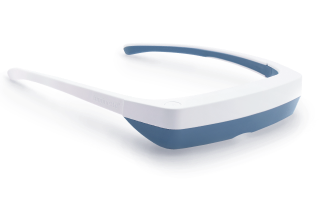
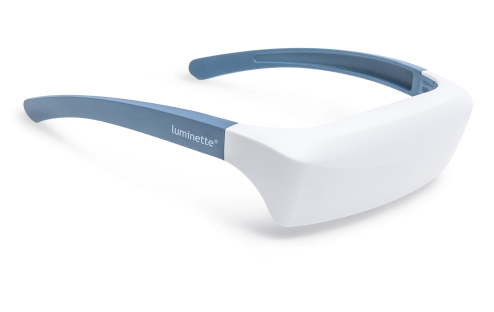
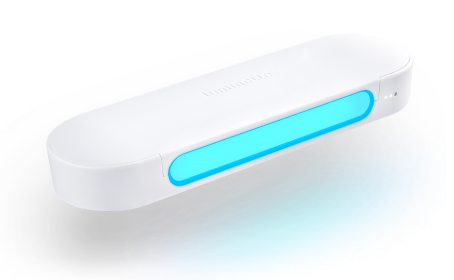
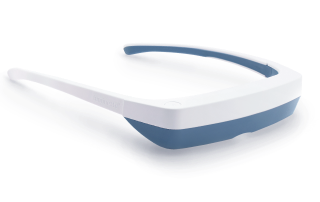
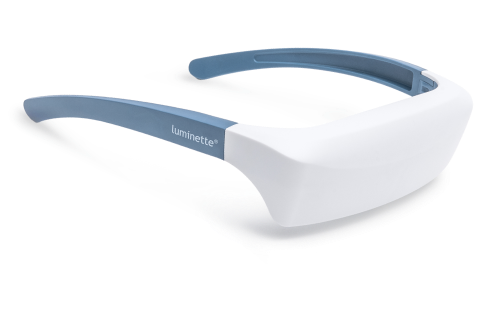
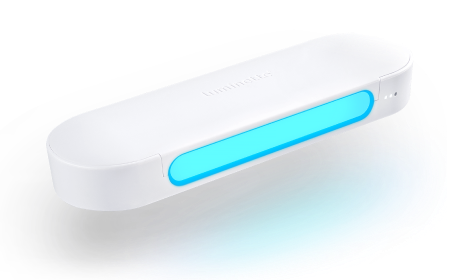
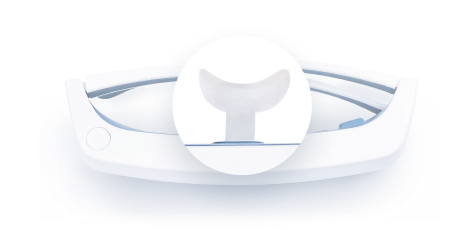
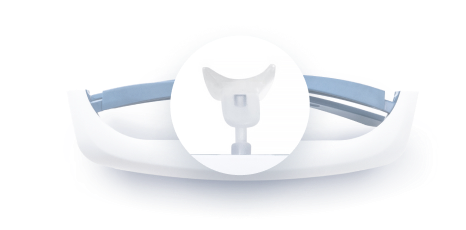
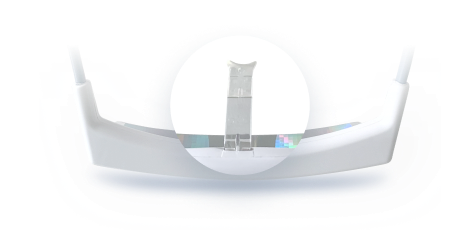
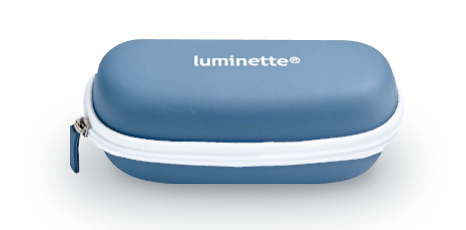
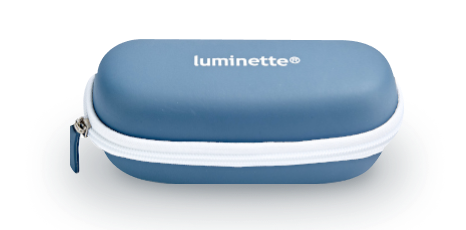






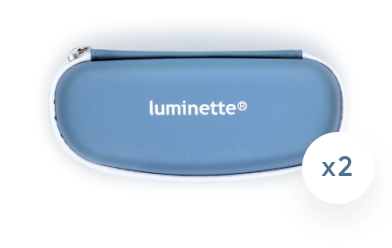
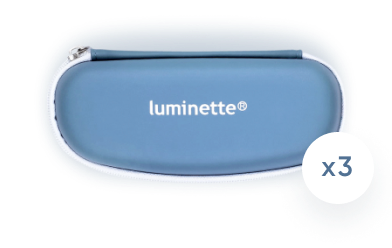

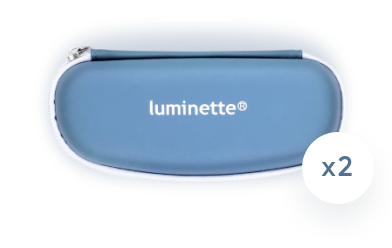
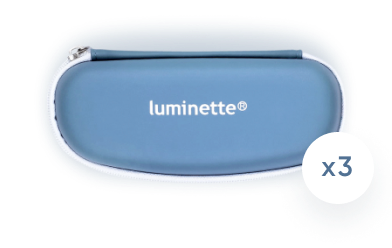
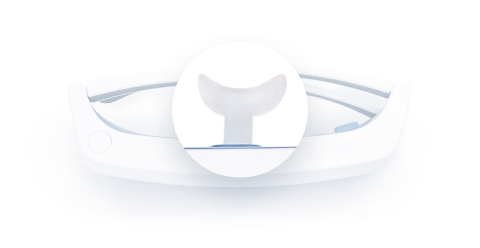
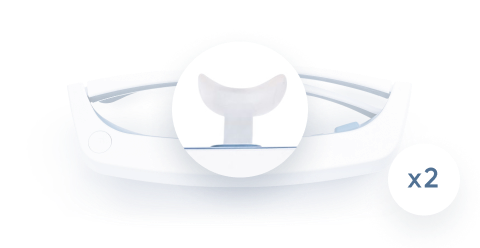
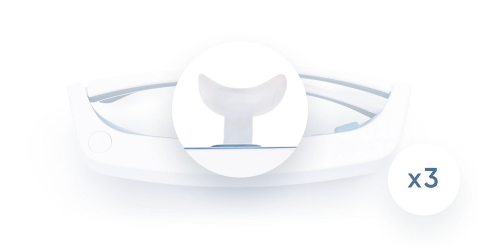
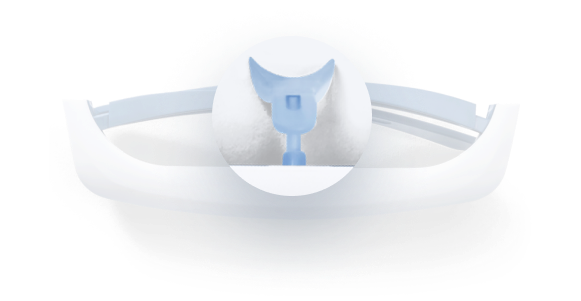
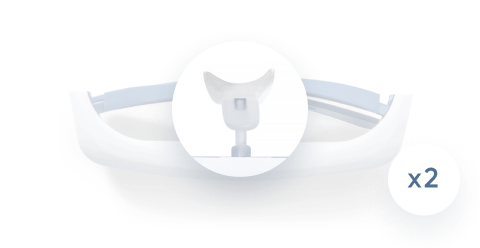
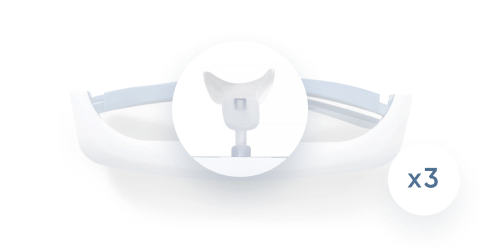
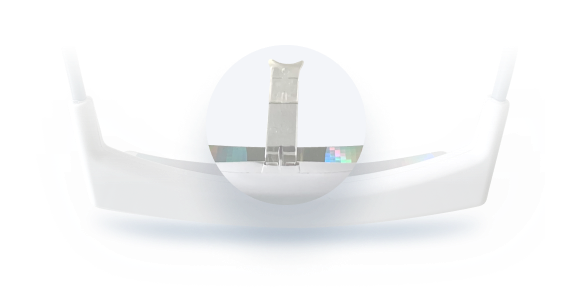
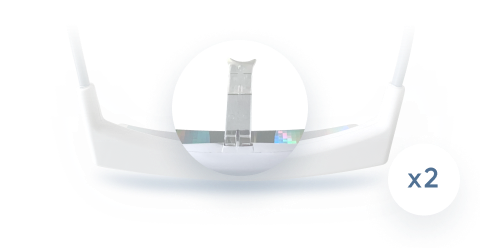
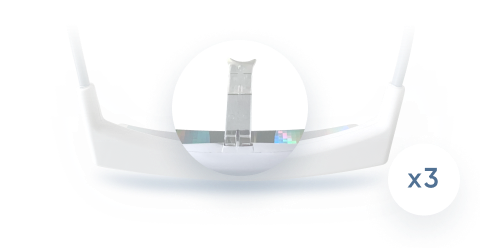
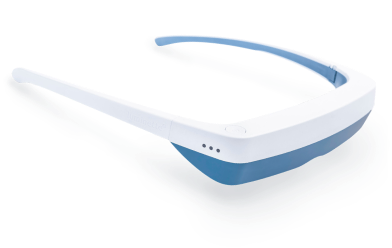
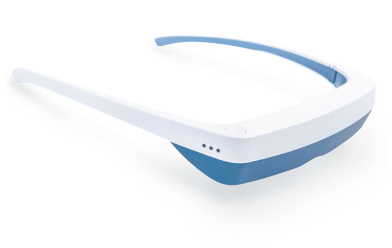
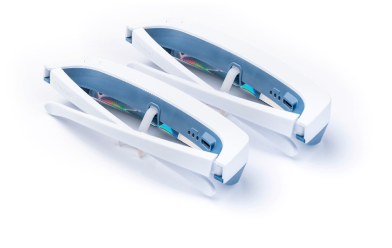
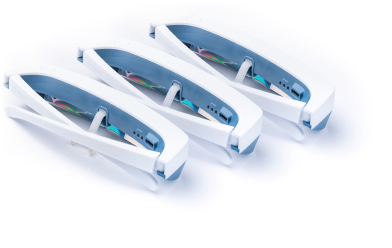
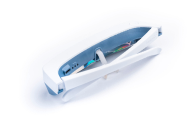
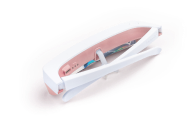
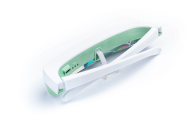
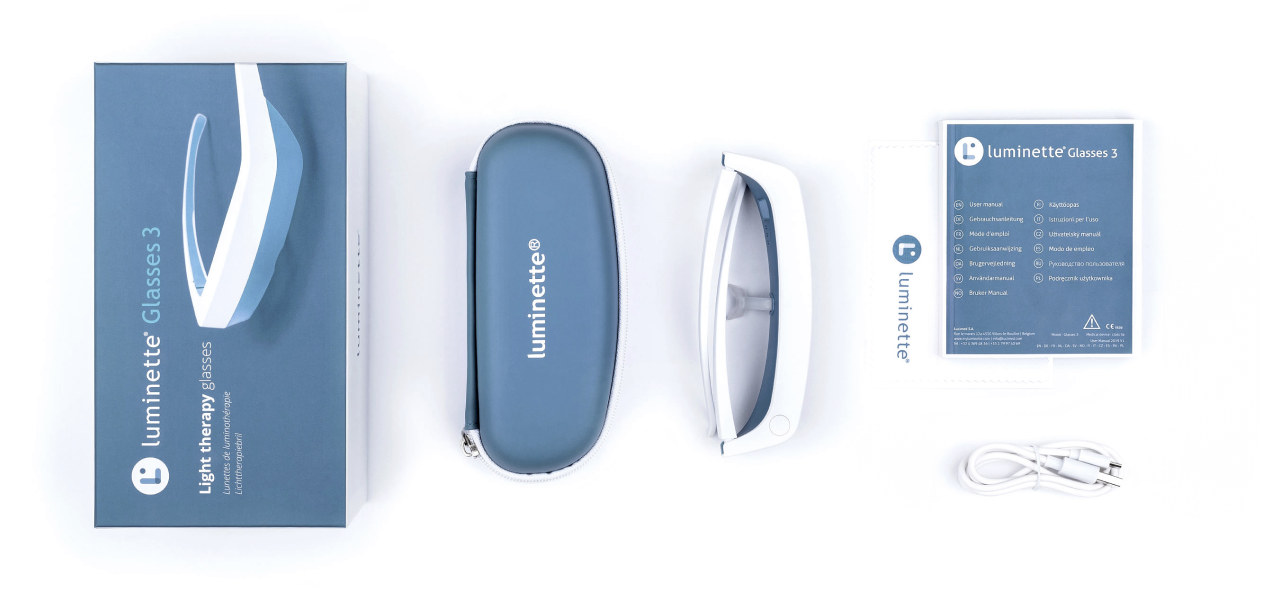
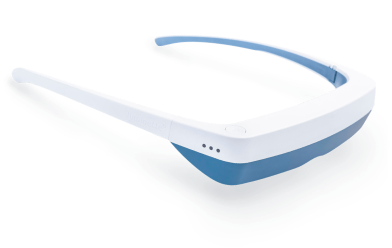
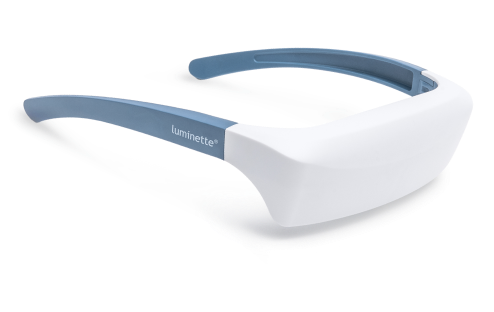
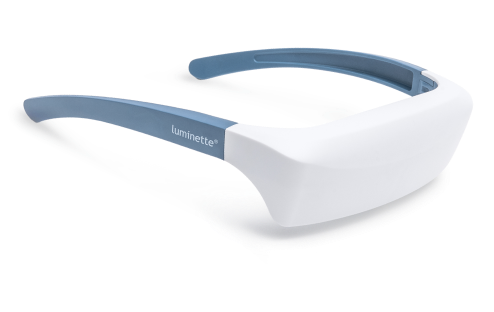
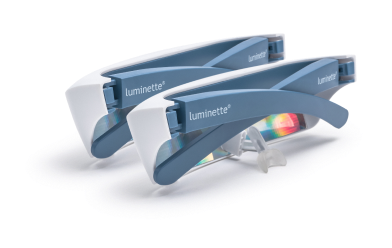
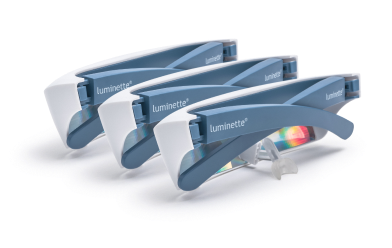
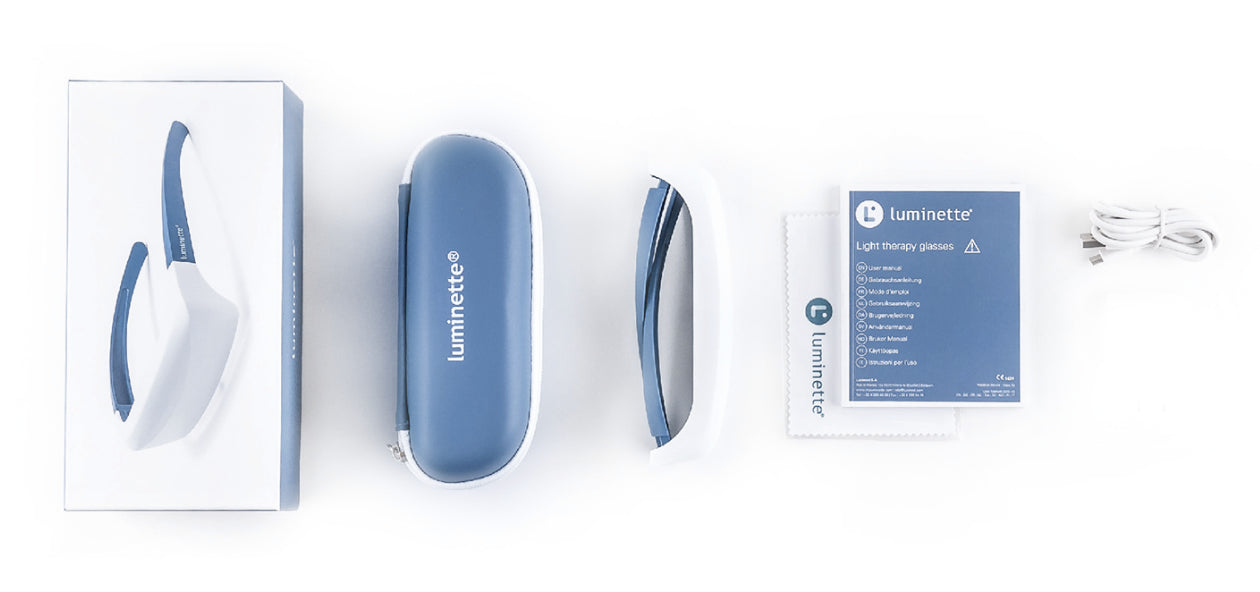
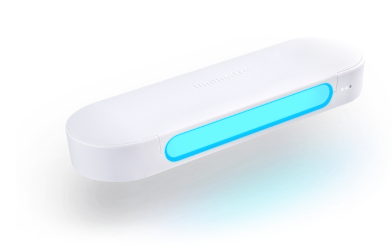
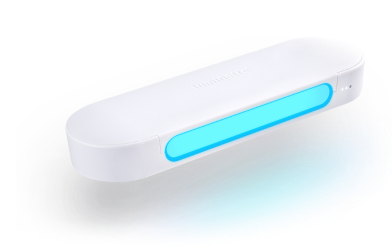
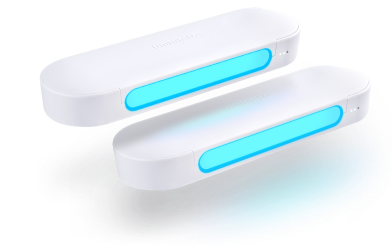
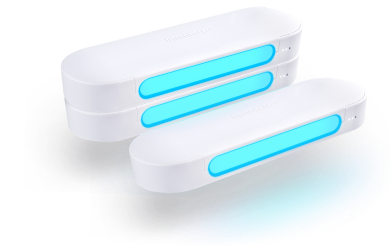
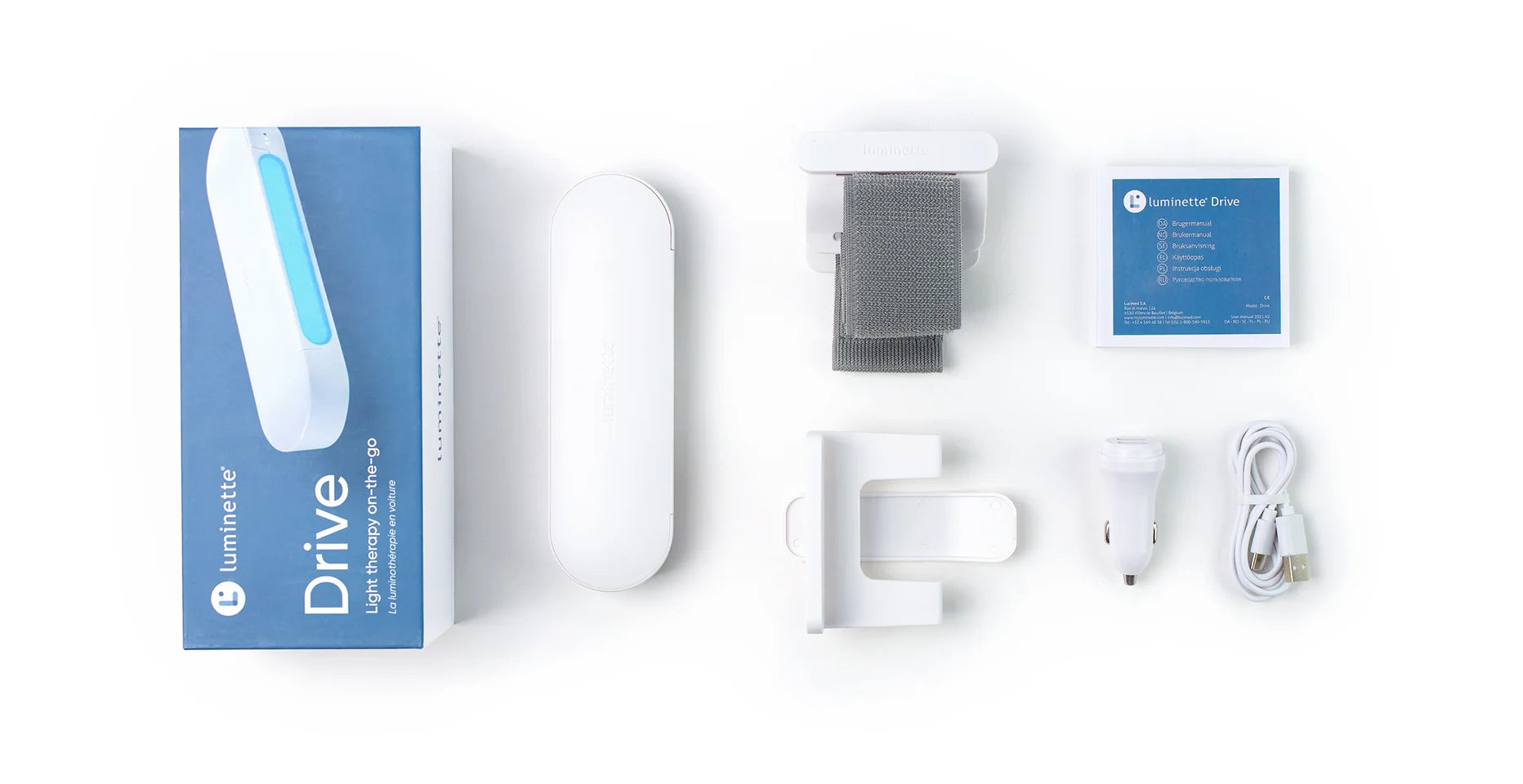

 Please note
Please note



